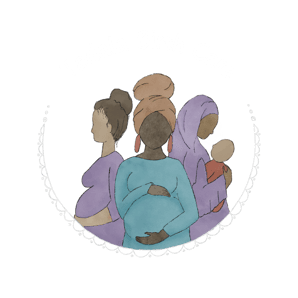What is colostrum?
Colostrum, often referred to as 'liquid gold,' is the first form of milk you will have immediately following the delivery of your newborn. It is a thick, yellowish substance rich in antibodies, nutrients, and growth factors that are crucial for the newborn's development and immune system.
When does colostrum come in?
Colostrum production usually begins between weeks 12-18, and will be produced until day 3-5 after the birth of your baby, when it will then begin to transition into more mature milk. Some people will notice that they are leaking colostrum during pregnancy, but do not worry if you haven't seen any signs of colostrum. It doesn't mean it isn't there, and it doesn't mean you will have less milk.
Do I have enough colostrum?
A newborn baby's stomach is about the size of a marble when they are born, so they really can't eat much at all. This is why colostrum is so packed into such a small amount. For the first few days, newborns only need 1-4 teaspoons of colostrum. If you are breastfeeding often your milk production will grow with the baby's needs.
What does colostrum contain?
Colostrum is packed with essential nutrients, and antibodies. It contains high levels of protein, vitamins, and minerals, along with immunoglobulins and leukocytes that help protect the newborn from infections. Additionally, colostrum has a natural laxative effect, which helps the baby pass their first stools, known as meconium.
The benefits of colostrum
The benefits of colostrum are numerous. It helps to build the newborn's immune system, providing a defense against harmful bacteria and viruses. The high concentration of antibodies in colostrum also aids in the development of the gut, promoting healthy digestion and gut microbiome. Furthermore, colostrum supports the newborn's overall growth and development, giving them the best possible start in life.



